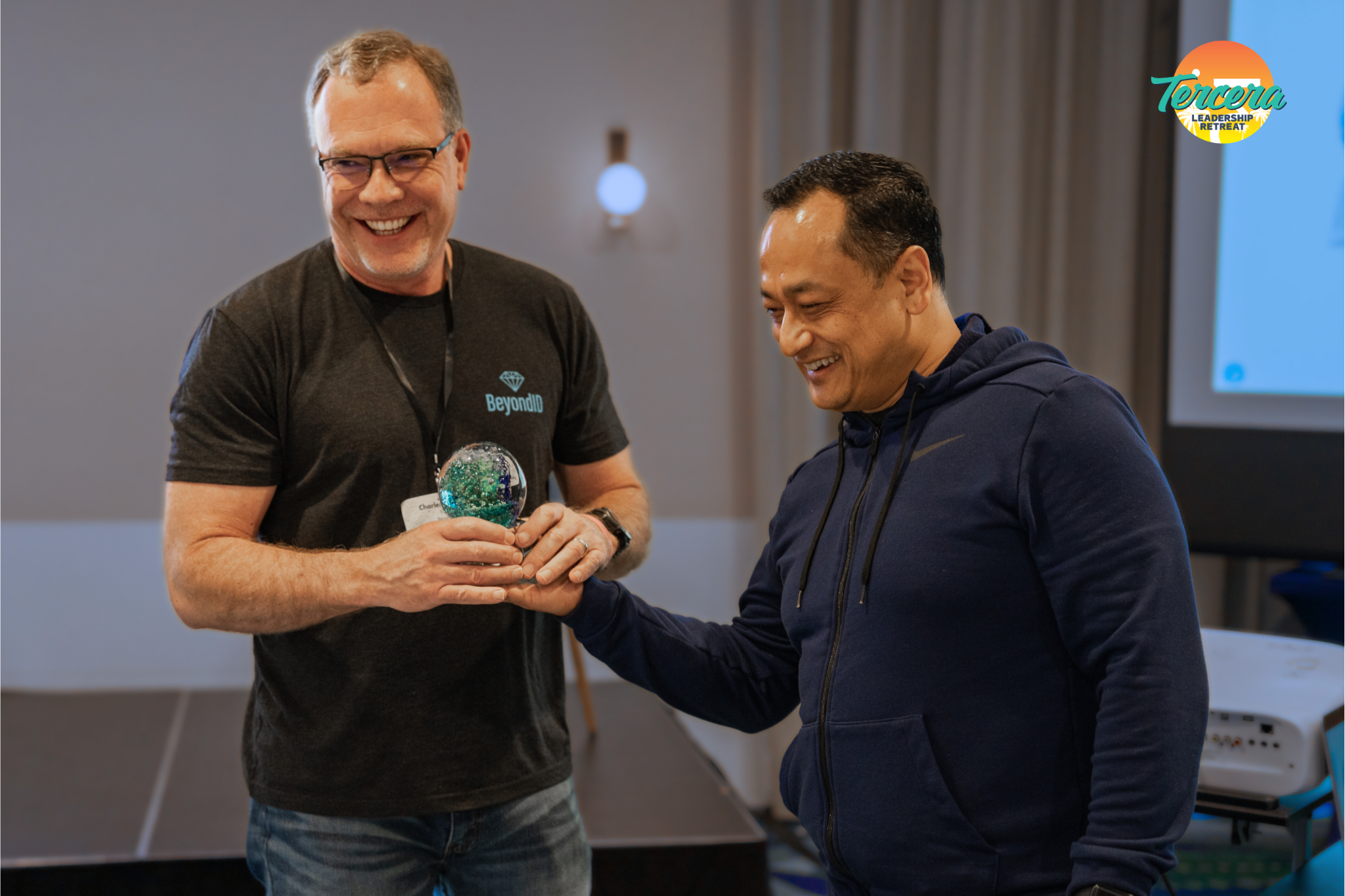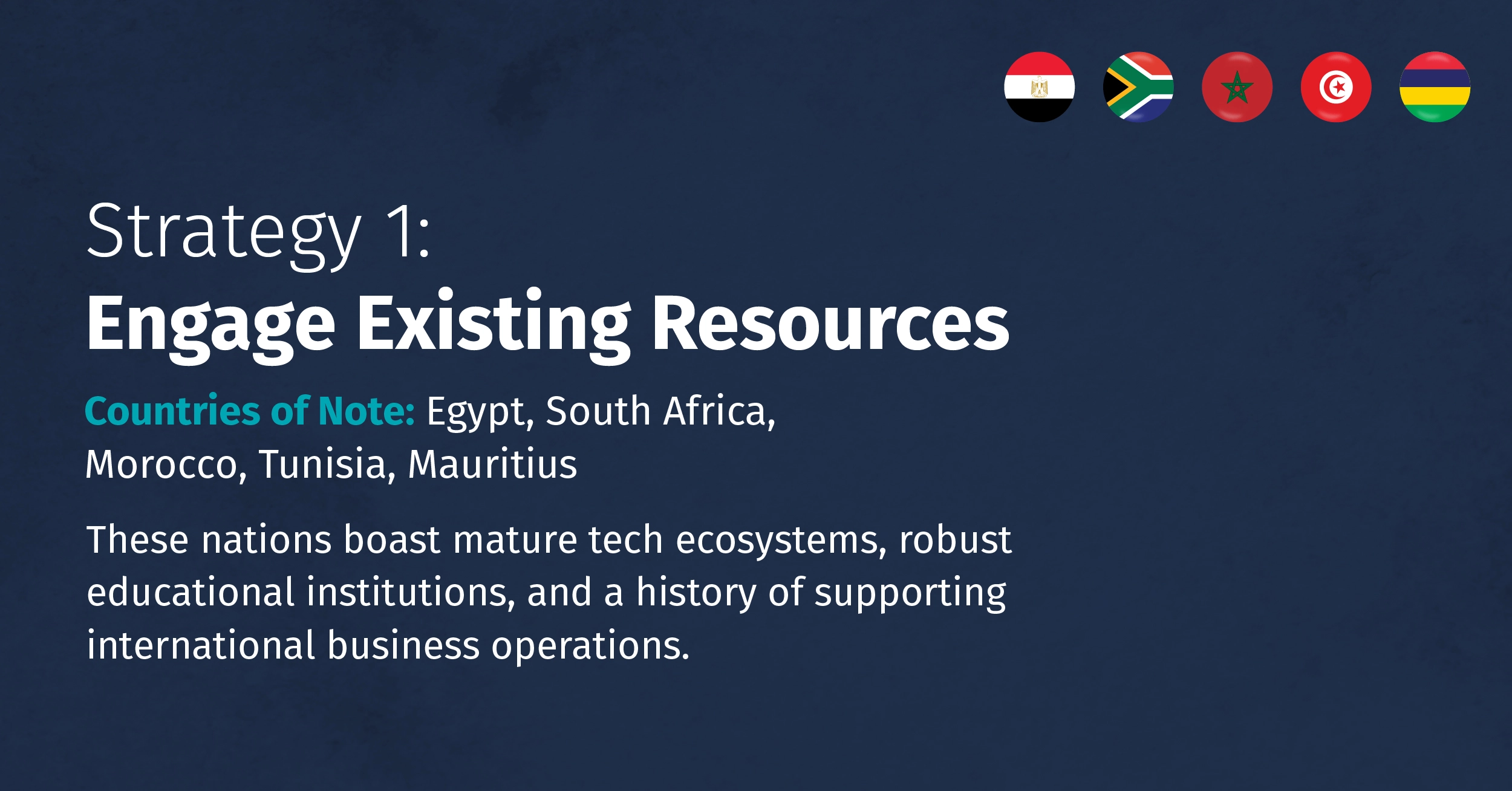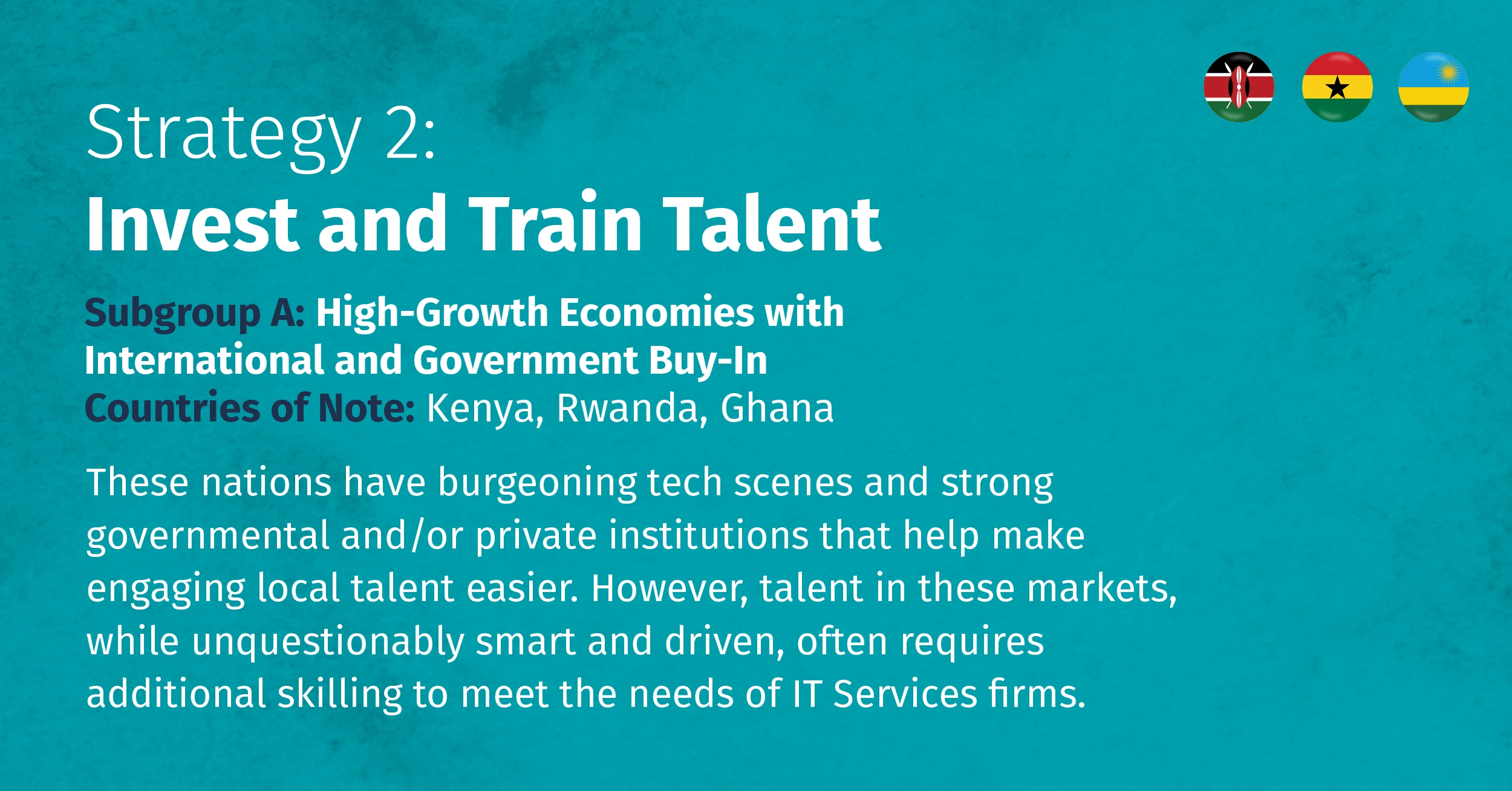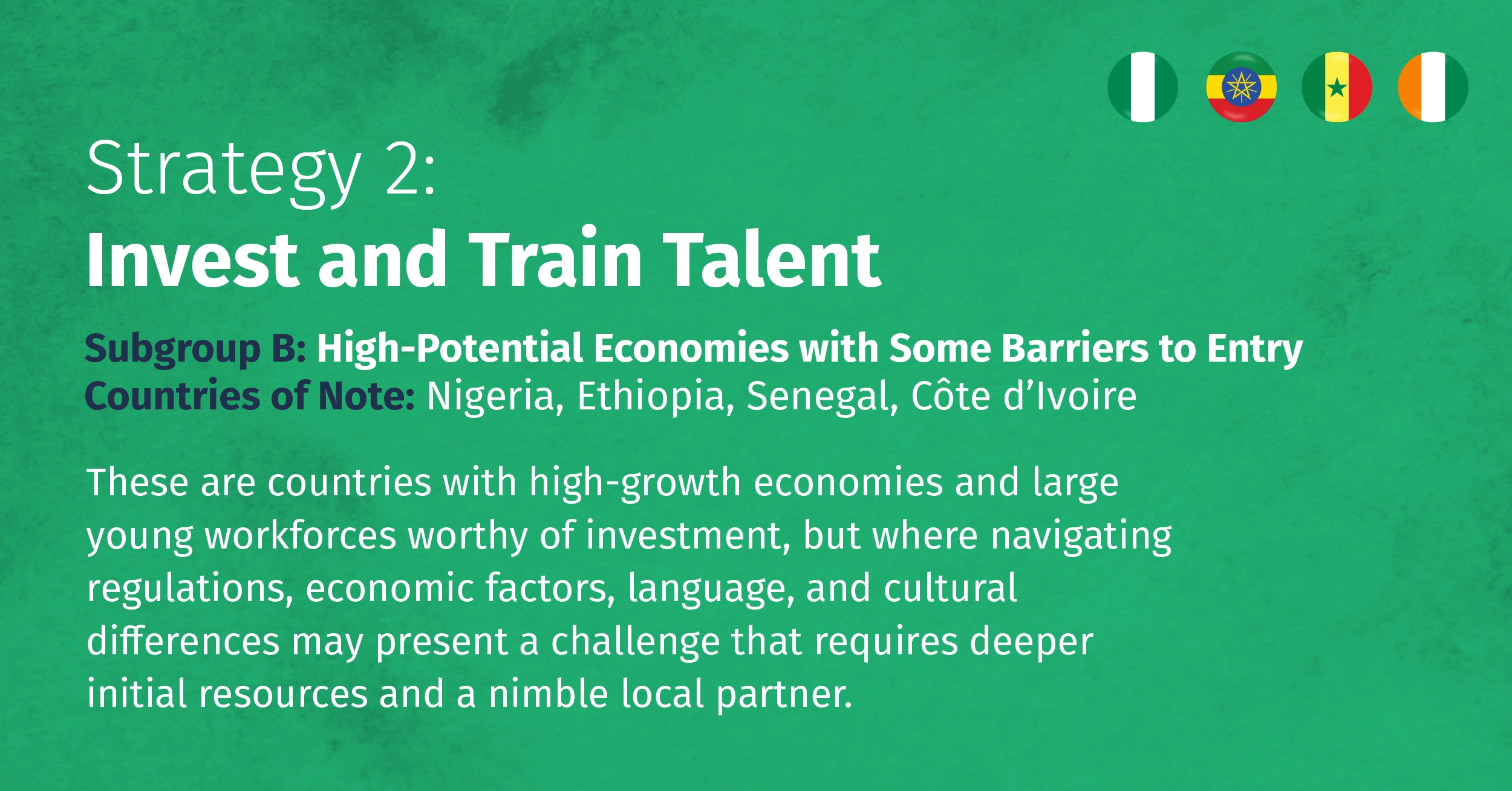When it came time to write our annual anniversary blog, we did what most people do nowadays – we asked ChatGPT for a little inspiration. We got several interesting suggestions, but one analogy really resonated: the parallel between five years in business and raising a five-year-old child.
- The environment is structured chaos
- Everything takes longer than you think
- The job is less about control and more about guidance
- There will be challenging days, punctuated by magical moments
Sometimes AI really nails it.
Building a business really is like raising a child. Equal parts love, responsibility, exhaustion and pride. It’s an emotional, high-stakes journey where people depend on you, but with no real instruction manual. Yet it’s that last bullet that really hits home. Those moments of pure magic that make even the hardest days worth it.
Moments and Milestones from Year 4
Over the past year, we have definitely experienced some of those magical moments.
- Supporting the team at Hakkoda, the data and AI consultancy and Snowflake Elite partner that Tercera incubated from the ground up, through its acquisition in April 2025 by IBM.
- Supporting the team at BeyondID, Tercera’s first investment and a leader in Identity & Access Management, through its acquisition in August 2025 by KeyData Cyber.
- Supporting the Zennify and Terazo teams, two of Tercera’s earliest investments that came together in 2024, and seeing them grow into one of Salesforce’s top industry specialists and a leader in data, AI and customer experience.
- Partnering and investing in two early-stage, AI-native firms that exemplify next-generation services firms. TribeAI is a leading Anthropic and OpenAI partner that builds enterprise-grade AI solutions. The second is a services-as-software company poised to automate much of the service delivery lifecycle (more details to come).
- Working alongside the first cohort of our Women in Services (WiSe) initiative, a sponsorship and coaching program we developed in early 2025 to support ambitious women in services who want to lead at the highest levels or start their own firm. And seeing one of those participants earn their first CEO title.
- Hosting our fourth annual Tercera Leadership Retreat in Jekyll Island, Georgia, bringing together some of the brightest minds in tech services to share best practices, plot the future, network and inspire each other for what’s possible.
In full transparency, not everything was easy. It never is. As a small team, we’ve had to stay highly selective with new platform investments while we support our existing portfolio, which means we’ve had to pass on some great businesses. We’ve lost some deals we would have loved to partner with, lost some team members that will be sorely missed, and have only begun to scratch the surface on all the AI investments we wanted to make last year. However, like parenthood, you learn from the journey and look forward to the years ahead.
Looking Ahead to the Next 5 Years
So what’s next for Tercera? When answering that question, we had to step back and think about who we are as a company. Where our real value lies. Knowing what you’re the best in the world at, and building from there, is guidance that we often give to founders, and always a helpful exercise.
Who we are starts with our mission. The same mission we’ve had since Day 1: To empower the people who make technology work.
We strive to be among the most knowledgeable tech services investors in the market. To know the players, the tech, the trends, the playbooks and how those are evolving. To deeply understand the software ecosystems that hold the most potential for services firms – which ones are rising, which are falling and how to play within them. It’s what gave rise to our Tercera 30 research more than four years ago.
We’ve always wanted to be investors who do more than just write checks. The partners who work alongside leadership teams, not just the CEO, to bring practical and proven advice to the table built on decades of experience and having a birds-eye view across the industry. To provide the counsel and connections that teams need to break the plateaus of growth.
Now, how do we build on that foundation and evolve?
Evolving the Thesis
First, we are refining our investment criteria for the AI era. We will continue to be laser focused on mid-size and growth-stage tech services firms. That doesn’t change. However, moving forward, the software ecosystem won’t be the defining characteristic of our investments. It will still be very important and we will continue to build on our Tercera 30 research. However, the defining trait we’ll be looking for is having clear, proven industry or segment specialization.
In the coming years, as agents work across platforms and across cross-functional data, we believe buyers will reward partners who understand not just the technology layer, but who also have a granular understanding of business processes and industry nuances. That deep domain expertise is where agentic AI thrives and business value is created. It’s how firms become, and more importantly stay, trusted advisors — at a time when trust is everything.
When the game moves to taking share and moving up the value chain, having the ability to go deep into a domain, to have the established relationships and knowledge of a business to guide and steer (not just do), is what will set firms apart.
Expanding our Reach
The business of tech services is evolving so fast that it can be tough to keep up. Which is why we are building a new arm of Tercera – Tercera Advisory. Tercera Advisory will support founders and their investors as they look to increase value for their stakeholders, bringing to bear the services-centric insights, data, playbooks, programs and network that the Tercera and our curated advisor community have built over the last 30 years.
Tercera Advisory, which has already started to take on a small group of early clients, will sit alongside Tercera Capital, providing services to both our existing portfolio and those outside it. Much of our initial work has focused on channel and diversification strategies, go-to-market alignment and execution, and organic growth strategies for the AI era – areas where we and our advisors have a unique edge.
We’ve always considered Tercera an investment and advisory firm, so this isn’t a marked departure for us. It’s the counsel and connections value proposition that has always helped Tercera stand out from other investors in the space. We are now bringing that to market in a more formalized, structured way, and making it available to those outside our portfolio. A portfolio that we want to keep selective. We believe this will help keep us deep in-the-trenches where change is happening fast, enable us to get to know the up-and-comers early in the game, and allow us to fulfill our mission at a broader scale – to empower the people who make technology work.
More to Come
We’ll be sharing more information on our Advisory offerings and new investments in the months to come, so stay tuned!
If you’re a leader navigating your own next chapter and looking for a partner who understands both the responsibility and the joy of building something that lasts, we’d love to be part of the journey. Contact us here.








